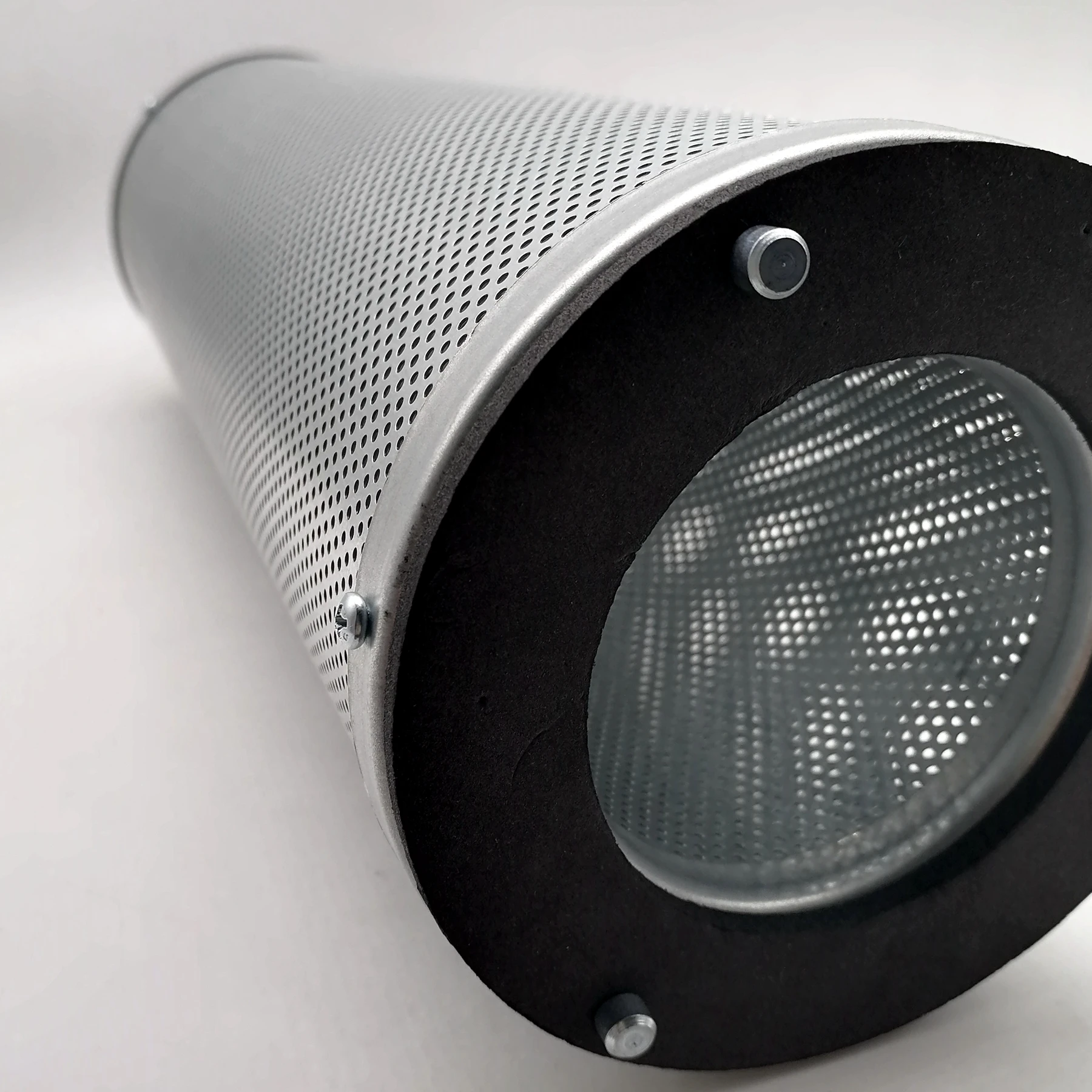 Tel:
+8618931101301
Tel:
+8618931101301
12 月 . 04, 2024 16:18 Back to list
stainless steel filter element
The Significance of Stainless Steel Filter Elements in Modern Filtration Systems
In today's industrial landscape, the demand for efficient, durable, and sustainable filtration solutions is greater than ever. One of the key players in this sector is the stainless steel filter element. These components are crucial for various applications, including automotive, pharmaceutical, food processing, and more. Understanding the significance of stainless steel filter elements helps highlight their advantages and widespread usage.
What are Stainless Steel Filter Elements?
Stainless steel filter elements are designed to remove impurities from liquids and gases. Made from durable stainless steel, these filter elements are resistant to corrosion and high temperatures, making them ideal for challenging environments. This steel alloy contains chromium, which forms a protective layer on the surface, preventing rust and degradation over time.
Advantages of Stainless Steel Filter Elements
1. Durability One of the most significant benefits of using stainless steel filter elements is their longevity. Unlike traditional filter materials, such as paper or cloth, stainless steel can withstand harsh chemicals and extreme temperatures, which significantly extends their life span. This durability reduces the need for frequent replacements, resulting in lower maintenance costs.
2. Reusability Stainless steel filter elements can often be cleaned and reused. Many applications allow for backwashing or chemical cleaning, allowing users to maintain filtering efficiency without replacing the entire element. This reusability not only saves money but is also environmentally friendly, as it reduces waste.
3. High Filtration Efficiency Stainless steel filters can capture particles as small as a few microns, ensuring that the output is clean and safe. This high filtration efficiency is vital for industries that require stringent quality control, such as pharmaceuticals and food production.
4. Temperature and Pressure Resistance The robustness of stainless steel allows these filter elements to operate effectively under high-pressure and high-temperature conditions. This property is particularly beneficial in applications involving steam, hydraulic fluids, and harsh chemicals where other materials might fail.
stainless steel filter element

5. Non-reactive Stainless steel does not easily react with other substances, making it suitable for filtering aggressive chemicals and solvents. This characteristic ensures that the filtered product remains uncontaminated, maintaining the integrity of the final product.
Applications of Stainless Steel Filter Elements
Stainless steel filter elements can be found across various industries due to their versatility. In the automotive industry, they are used in fuel and oil filtration systems, ensuring that engines run smoothly and efficiently. In the food and beverage sector, these filter elements help maintain hygiene standards and product quality by removing contaminants from water, oils, and other liquids.
The pharmaceutical industry also relies heavily on stainless steel filters to comply with strict regulatory standards, ensuring that all products are free from impurities. Furthermore, stainless steel filters are common in oil and gas, water treatment plants, and chemical manufacturing, showcasing their adaptability.
Future Trends
As industries aim for more sustainable practices, the demand for stainless steel filter elements is expected to increase. Innovations in filtration technology are being developed continuously, focusing on improving efficiency, reducing energy consumption, and enhancing the life span of filter elements. Many manufacturers are also exploring the integration of nanotechnology to develop even more effective filtration solutions.
Additionally, the push for sustainability is leading to increased interest in recyclable and reusable materials. Stainless steel fits perfectly into this narrative, as its properties align with the growing emphasis on reducing waste and environmental responsibility.
Conclusion
Stainless steel filter elements play a vital role in modern filtration systems, offering a myriad of advantages, including durability, reusability, and high filtration efficiency. Their ability to perform well in harsh conditions makes them indispensable across various industries. With ongoing advancements in technology and an increasing focus on sustainable practices, stainless steel filter elements will continue to be pivotal in ensuring product quality and efficiency in filtration processes. As industries evolve, so too will the importance of these remarkable components in achieving cleaner and safer outcomes.
-
How to choose a high-efficiency air filter? Here comes a professional guideNewsOct.21,2024
-
Air filter: multi-field application, protecting fresh airNewsOct.17,2024
-
Carbon air filter: a green guard to protect air qualityNewsOct.16,2024
-
Can activated carbon completely remove indoor odors and pollutants in air purification?NewsOct.14,2024
-
How to filter air efficiently and ensure indoor air quality?NewsOct.12,2024
-
Activated carbon filter: the invisible guard of clean water lifeNewsOct.11,2024

 Email:
Email:





